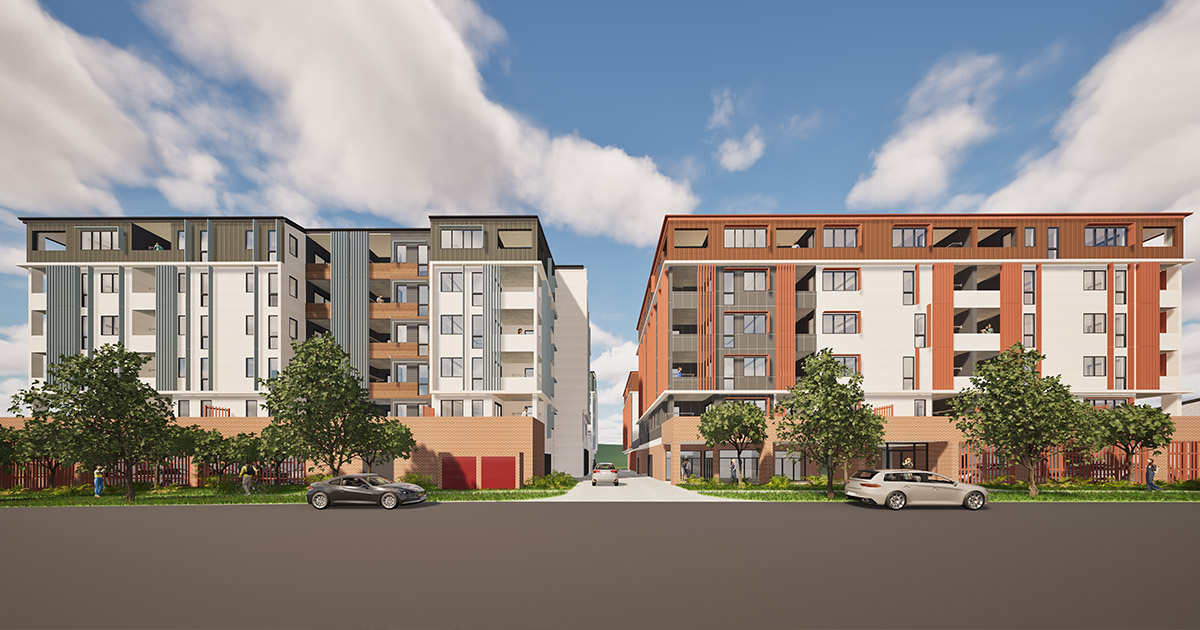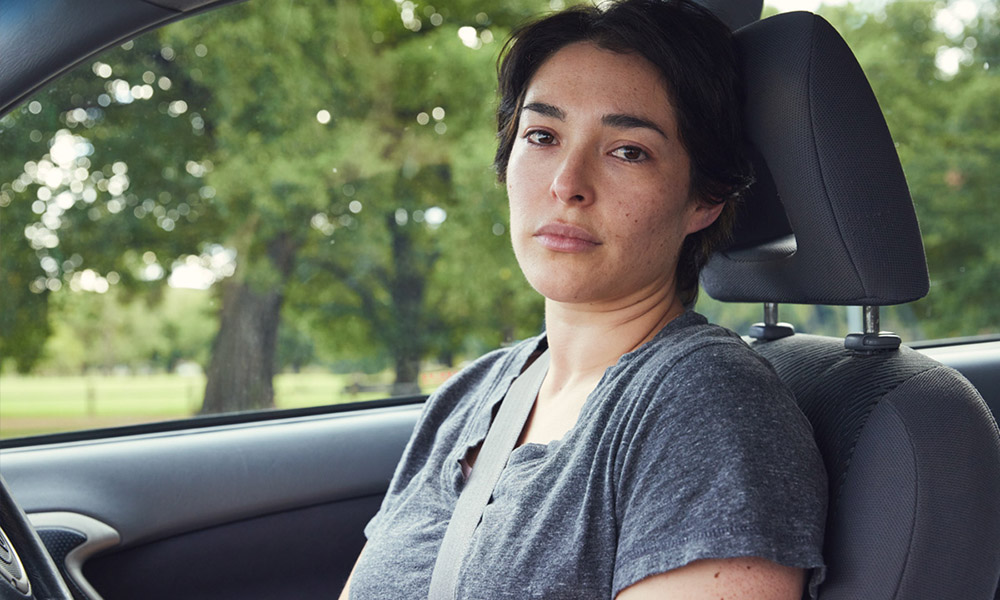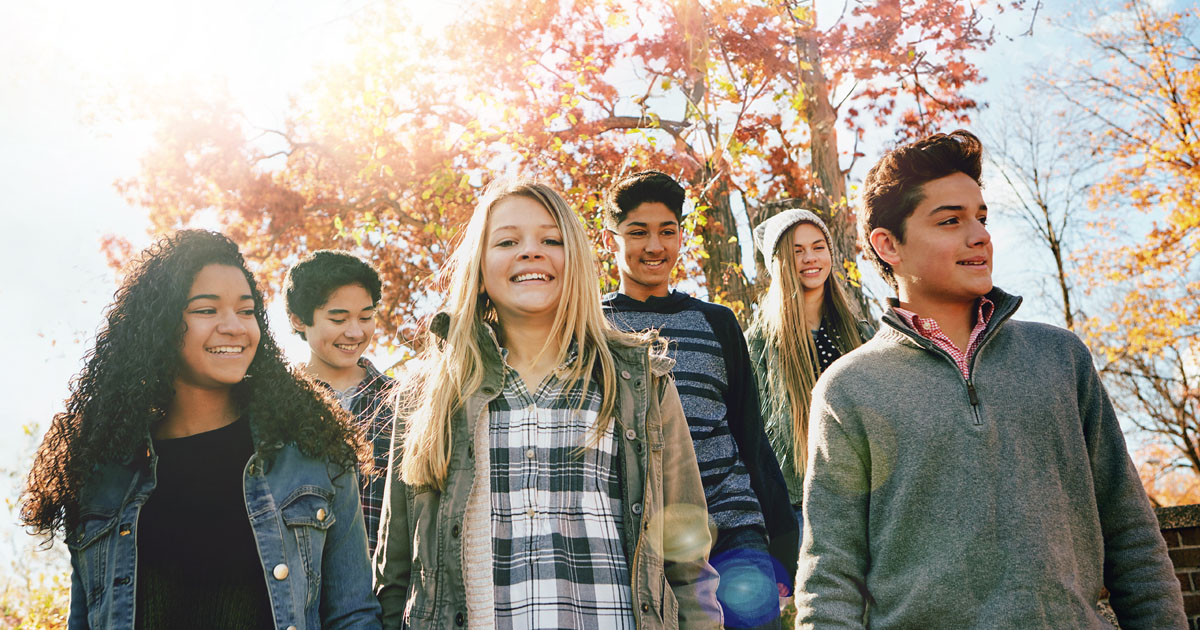Report reveals acute need for improved services and more housing for Aboriginal and Torres Strait Islander young people
- Details
The unique experiences and challenges faced by Aboriginal and Torres Strait Islander young people have been revealed today in Mission Australia’s new National Aboriginal and Torres Strait Islander Youth Report: Youth Survey 2019.
In response to the report findings, Mission Australia has joined forces with Professor Tom Calma AO to call for more culturally and age appropriate support services co-designed and delivered with Aboriginal and Torres Strait Islander young people, as well as more social and affordable homes, so they are properly supported to improve their social and emotional wellbeing, achieve their goals and thrive.
The report analyses findings from the Youth Survey 2019 and shows that when compared to non-Indigenous respondents, Aboriginal and Torres Strait Islander young people reported substantially higher levels of personal concern about domestic/family violence (16.9% compared with 8.6%), drugs (14.5% compared with 7.0%), discrimination (16.8% compared with 9.9%), alcohol (11.7% compared with 4.9%) and suicide (20.5% compared with 13.9%).
While more than half of Aboriginal and Torres Strait Islander respondents indicated they were happy about their lives overall and were positive about the future, more than three in 10 indicated some form of distress and almost double the proportion felt very sad/sad with life as a whole (18.9% compared with 10.6% of non-Indigenous respondents).
Close to three in 10 (29.9%) Aboriginal and Torres Strait Islander respondents reported that they have been bullied in the past year (compared with 20.3% of non-Indigenous respondents), which may be linked to racial discrimination and can have serious consequences for their social and emotional wellbeing.
Aboriginal and Torres Strait Islander young people were nearly three times more likely than their non-Indigenous peers to have experienced living with no fixed address, lived in a refuge or in transitional accommodation at some stage in their young lives (16.2% vs 5.9%), and were twice as likely to have couch surfed (28.9% vs 12.0%).
Mission Australia CEO, James Toomey said: “Our new Youth Survey report shows us that Aboriginal and Torres Strait Islander young people have the same aspirations as their non-Indigenous peers in respect to work and further education and they highly value their family relationships and friendships.
“While there are many positive experiences and hopes voiced by young Aboriginal and Torres Strait Islander people in our report, the unique challenges and concerns expressed really drive home that we must do more to improve the wellbeing, properly support and house young Aboriginal and Torres Strait Islander people in need, so they can thrive.
Particularly in the wake of the COVID-19 pandemic, when young people are unable to connect with appropriately tailored services or a safe and secure home, the difficulties they’re facing are likely to worsen.
“There remains a critical shortage of culturally and age appropriate support services that are necessary to support and nurture the social and emotional wellbeing of young Aboriginal and Torres Strait Islander Australians, including in remote areas.
“Aboriginal and Torres Strait Islander young people must be central to the co-design and co-implementation of the services that they need. It’s also vital and logical that Aboriginal and Torres Strait Islander people have greater influence over the policies, programs and services that affect them.
Our report confirms that Aboriginal and Torres Strait Islander young people continue to face unacceptably high levels of housing instability and homelessness, which can be detrimental in a young person’s experiences of life, and their future.
“All Aboriginal and Torres Strait Islander young people and their families should have a safe and stable home. Our young people have made clear; it is time our Government developed a national plan to end homelessness with clear targets to end Aboriginal and Torres Strait Islander homelessness. We also need a strong focus on increasing the number of youth-specific social housing options that are co-designed with Aboriginal and Torres Strait Islander young people. A permanent increase to income support would also go a long way to keep all young people and their families out of poverty and homelessness.”
Professor Tom Calma AO, Chancellor, University of Canberra and Co-Chair, Voice to Government Senior Advisory Group, said: this report includes “the responses of more than 1,500 Aboriginal and Torres Strait Islander young people, providing a deep understanding of their wellbeing, strengths and challenges, as well as their concerns and aspirations for the future.
“Importantly, I’m pleased that there is much to celebrate in this report. Many Aboriginal and Torres Strait Islander respondents say they are happy, they’re engaged in education, they highly value their family and friendships, are confident in their ability to achieve their goals and are optimistic about their futures.
However, Aboriginal and Torres Strait Islander young people also told us that they’re facing unique difficulties such as unacceptably high levels of bullying, that we know is linked to racial discrimination, as well as poor mental health, homelessness and insecure housing. They also experience a range of personal concerns in much higher proportions that non-Indigenous young people.
“All of these issues are likely to be made worse by the COVID-19 pandemic, making the policy and service response for Aboriginal and Torres Strait Islander young people now more critical than ever.
“Policy leaders must be serious about reconciliation and enhancing the social and emotional wellbeing of Aboriginal and Torres Strait Islander young people and come together with them and prioritise tackling these issues with practical solutions.
“Aboriginal and Torres Strait Islander young people should be actively involved in services design and delivery. After all, they hold the knowledge and wisdom about what it means to be an Aboriginal or Torres Strait Islander young person today.
“Every Aboriginal and Torres Strait Islander young person must also be protected from harm caused by bullying and racial discrimination, with a strong focus on supporting schools to enhance student knowledge, understanding and compassion about Aboriginal and Torres Strait Islander languages, cultures and histories.
“We must build a better future for every Aboriginal and Torres Strait Islander young person, so they have the support, connection, stability and opportunities they need to flourish.
“I urge politicians and bureaucrats to read the report, respond to the recommendations and hear the voices of Australia’s young people and particularly, Aboriginal and Torres Strait Islander young people.”
Read the report
Aboriginal Torres Strait Islander youth report 2020
Aboriginal Torres Strait Islander youth report infographic 2020
Related media releases
Read about what we’ve been working on, our stance on important social issues and how you make a difference to vulnerable Australians' lives.

Ground-breaking ceremony launches Toowoomba housing project

Every hour, 3,000 Australians ask homelessness services like Mission Australia for help - they need your help

